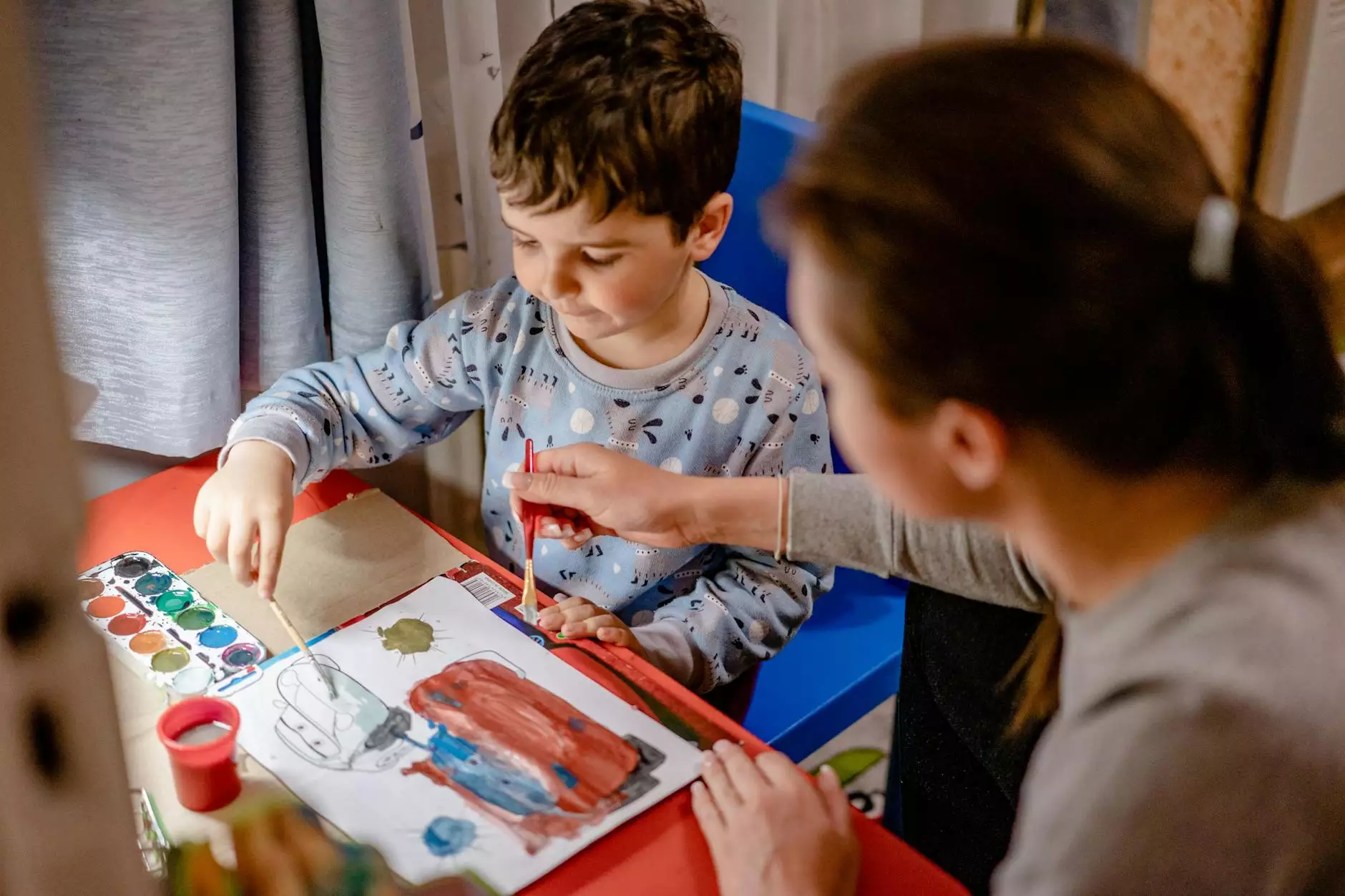12 Tips for Teaching Children Gratitude

Why Gratitude Matters for Children's Well-being
In today's fast-paced world, it is essential to equip our children with valuable life skills that promote their overall well-being. Among these skills, gratitude stands out as a powerful tool that can significantly impact children's happiness, resilience, and social relationships.
Tips for Fostering Gratitude in Children
1. Lead by Example:
Children learn best through observation. Show them how to express gratitude by regularly acknowledging and appreciating the people and things in your own life. They will emulate your behavior and develop an attitude of gratitude.
2. Practice Daily Gratitude:
Encourage your children to reflect on three things they are grateful for each day. This simple practice helps them develop a positive mindset and cultivates their ability to find joy in everyday experiences.
3. Teach Empathy:
Empathy is closely linked to gratitude. Encourage your children to put themselves in others' shoes, helping them understand and appreciate different perspectives. This fosters gratitude for the blessings they have and empathy towards those who may be less fortunate.
4. Volunteer Together:
Engage your children in community service activities. Volunteering helps them recognize their privilege and appreciate the value of giving back. Working together as a family creates lasting memories and reinforces the importance of gratitude.
5. Create a Gratitude Journal:
Provide your children with a journal they can use to record moments of gratitude. Encourage them to write or draw about things that made them feel thankful throughout the day. This practice reinforces positive thinking and self-reflection.
6. Share Thank-You Notes:
Teach your children the impact of expressing gratitude by encouraging them to write thank-you notes. Whether it's for a friend, family member, or teacher, these small gestures promote kindness, gratitude, and strengthen relationships.
7. Encourage Mindful Consumption:
Help your children understand the value of the things they have by encouraging mindful consumption. Talk about the resources and effort required to produce their favorite toys or gadgets, fostering appreciation for the items in their lives.
8. Cultivate a Gratitude Ritual:
Create a family ritual that promotes gratitude, such as sharing a meal together and taking turns expressing what each person is grateful for. This ritual not only strengthens family bonds but also reinforces gratitude as a daily practice.
9. Focus on Simple Pleasures:
Teach your children to appreciate the simple pleasures in life, such as a beautiful sunset, playing in the park, or sharing laughter with friends. By noticing and savoring these moments, they develop a deep sense of gratitude for life's small joys.
10. Practice Generosity:
Show your children the value of giving by involving them in acts of kindness, such as donating their old toys or participating in fundraising events. By witnessing the positive impact of their actions, they will cultivate a grateful and generous spirit.
11. Teach Gratitude Through Stories:
Read books or share stories that highlight acts of kindness and gratitude. Discuss the lessons learned and encourage children to apply these principles in their own lives. Storytelling is a powerful tool for instilling positive values.
12. Foster a Gratitude Community:
Encourage your children to build relationships with peers who also prioritize gratitude. Surrounding themselves with like-minded individuals creates a supportive community that reinforces and strengthens their gratitude practice.
Instill a Lifetime of Gratitude in Your Child
By incorporating these 12 tips for teaching children gratitude into your daily lives, you can help your child develop a deep appreciation for the world around them. The benefits of gratitude extend far beyond childhood and set the foundation for a fulfilling and meaningful life.
At Muir Diablo Occupational Medicine, we understand the importance of nurturing emotional well-being in children. Our team of experts is committed to providing helpful resources and expert advice to empower parents in raising emotionally resilient children. Contact us today for more information on fostering gratitude in your child's life.



